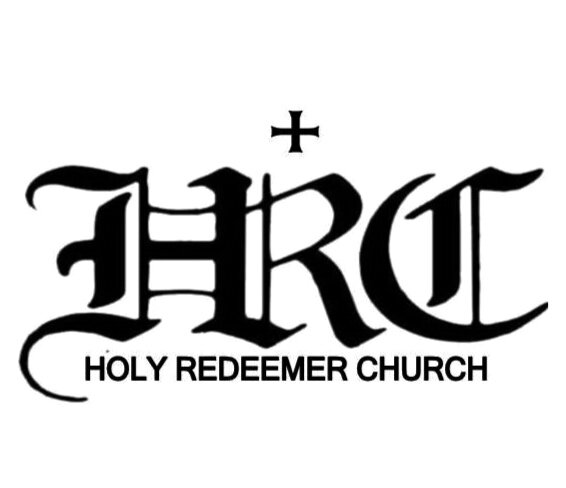What is Forgiveness?
The Catholic understanding of forgiveness is deeply rooted in Scripture and Tradition in the life of the Church. It encompasses both God's forgiveness of human sin and the believer's duty to forgive others.
SCRIPTURAL FOUNDATIONS
Old Testament Roots
Forgiveness in the Old Testament centers on God's mercy and the covenant relationship with Israel. Key themes include:
-God's Mercy: God is portrayed as slow to anger and rich in mercy (Exodus 34:6).
-Sacrificial System: The temple rituals, especially the Day of Atonement (Leviticus 16), were instituted to purify the people from sin and reestablish right relationship with God.
-Call to Forgiveness: Passages like Sirach 28:2 command, "Forgive your neighbor's injustice; then when you pray, your own sins will be forgiven."
New Testament Fulfillment
Forgiveness becomes a central theme in Jesus' teaching and ministry:
-Jesus Forgives Sins: Jesus often forgives sins directly (Mark 2:5-12), demonstrating His divine authority.
-The Lord's Prayer: "Forgive us our trespasses, as we forgive those who trespass against us" (Matthew 6:12).
-Parables: The parable of the Prodigal Son (Luke 15) and the Unforgiving Servant
(Matthew 18:21-35) illustrate the nature of divine and human forgiveness.
-Jesus on the Cross: "Father, forgive them..." (Luke 23:34) encapsulates the radical nature of Christian forgiveness. Forgiveness restores grace through God's mercy and the sacraments.
The Catholic Church teaches that God's mercy is infinite, and He desires the salvation of all. Forgiveness is not earned but is a free gift granted through Christ's redemptive work.
SACRAMENTAL FORGIVENESS
Baptism
Baptism washes away original sin and any personal sin, initiating the person into the life of grace.
Penance (Reconciliation or Confession)
Established by Christ (John 20:22-23), this sacrament is the ordinary means of forgiveness for post-baptismal sin, especially mortal sin.
The Rite includes:
1. Contrition - Sincere sorrow for sin, including perfect (motivated by love of God) or imperfect (fear of hell).
2. Confession - Disclosure of sins to a priest.
3. Absolution - The priest, acting in persona Christi, pronounces God's forgiveness.
4. Penance - An act to repair the harm caused by sin and grow in virtue.
Forgiving Others
Forgiveness is not optional for Christians. Jesus commands forgiveness "seventy times seven times" (Matthew 18:22). The refusal to forgive others blocks one's own reception of mercy (Matthew 6:15).
Interior Transformation
True forgiveness leads to conversion of heart, peace, and reconciliation. Saints such as Augustine, Francis of Assisi, and John Paul II emphasized mercy and forgiveness as the core of Christian life.
HISTORICAL DEVELOPMENT
Early Church
-Forgiveness was often tied to public penance, especially for grave sins like apostasy, murder, and adultery.
-The Church debated how often forgiveness could be offered. Over time, private confession developed.
Middle Ages
-The sacramental system became more formalized, with scholastics like St. Thomas Aquinas developing detailed theology on contrition, absolution, and penance.
-Indulgences, linked to the temporal punishment of sin, emerged but were later abused, prompting reform.
Council of Trent (1545-1563)
-Responded to Protestant criticisms by affirming the necessity and efficacy of sacramental confession.
-Clarified that priests have the authority to forgive sins and that confession is necessary for salvation after mortal sin.
Vatican II and Contemporary Theology
-Emphasized God's mercy and the pastoral role of the priest. Promoted a deeper understanding of reconciliation as a healing sacrament.
-Pope John Paul II's Dives in Misericordia and Pope Francis' Misericordiae Vultus reaffirmed mercy as central to the Church's mission.
CONCLUSION
The Catholic understanding of forgiveness is rich, holistic, and deeply transformative. It involves:
-Divine mercy through Jesus Christ.
-Personal repentance and sacramental confession.
-A call to forgive others as we have been forgiven.
-Restoration of communion with God and the Church.
Forgiveness is not just about wiping away guilt; it is about conversion, healing, and renewal of life in Christ.
Peace,
Deacon Bill Turner

